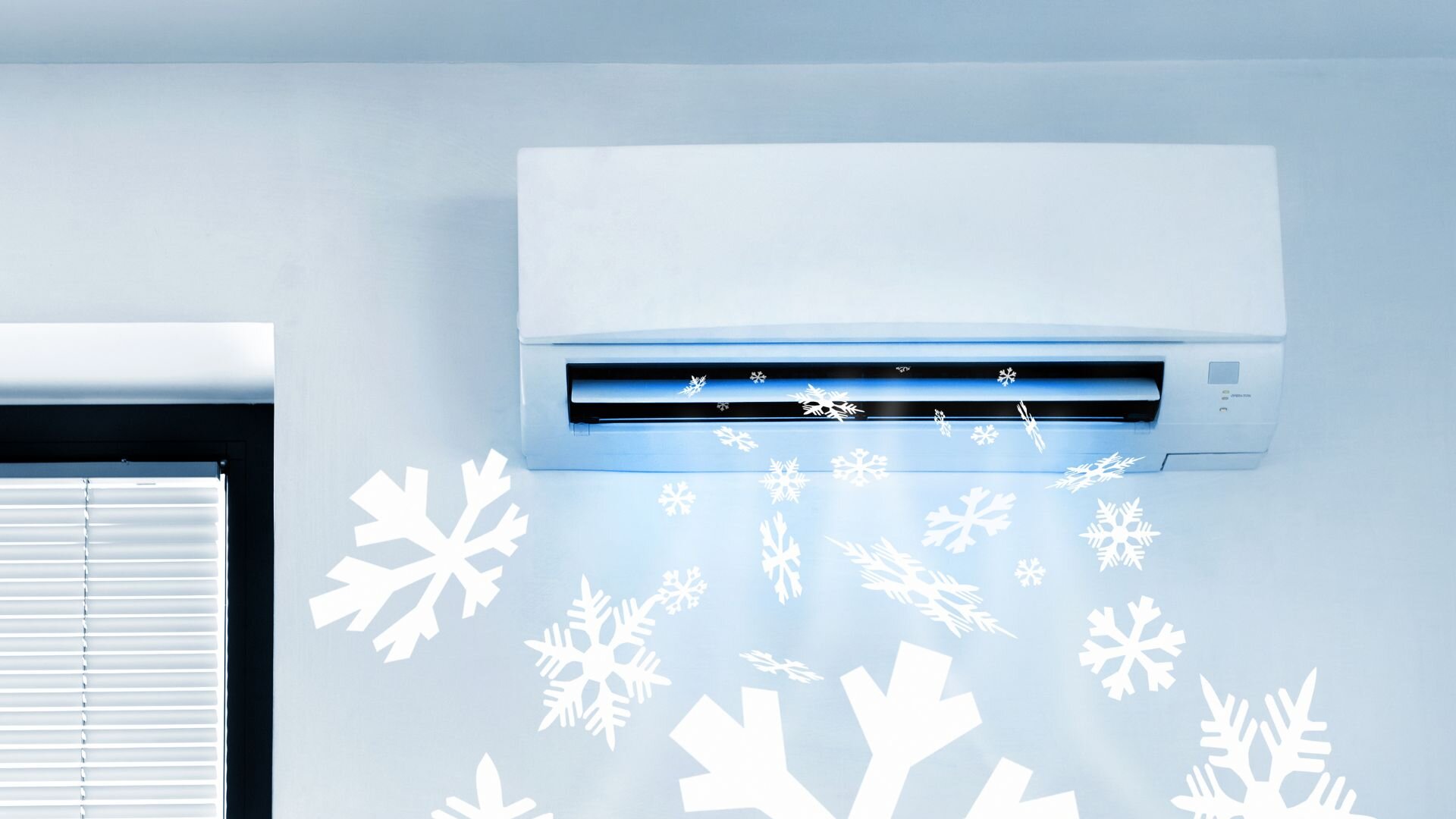
At Enersol, our Air Conditioning Services Gold Coast - As your air conditioning unit ages, you might notice issues affecting both comfort and your wallet. A key warning sign is related to your electrical system. As these appliances wear out, they often battle to maintain efficiency, resulting in frequent circuit breaker trips due to electrical overloads. These happen when the unit puts too much strain on your electrical circuit, often because of its declining performance or overworked components. Such repeated electrical circuit overloads can potentially harm your home’s wiring and pose safety risks.
When the system is over ten years old, it is far more prone to inefficiencies, with a higher chance of electrical circuit failures. Learn more about benefits of ducted air conditioning systems. This not only impacts performance but also increases energy consumption. Higher utility bills, reduced cold air output, and the inability to reach the desired temperature are strong indicators of trouble. Persistent issues with the electrical system can signal the need for a replacement, as modern units are designed to prevent electrical circuit overloads and operate efficiently.
Getting a new air conditioner can help dodge these issues, cut down on energy bills, and avoid costly repairs. The latest systems come equipped with advanced technology, offering steady cooling without overburdening your electrical system. It’s all about enjoying a comfortable and hassle-free summer.
Benefits of a New AC Unit
Upgrading to a new air conditioning unit has many benefits beyond greater cooling capacity. Here are some top reasons to replace your old AC with a new system:
- Improved Energy Efficiency—Modern AC systems use advanced compressor technology to deliver the same cooling power while consuming significantly less electricity. This reduces the overall electrical load and minimises strain on dedicated circuits, saving money on energy bills in the long term.
- Enhanced Features – New units have smart features like WiFi-enabled thermostats, multi-stage cooling, and dual-zone temperature control. These features optimise airflow while ensuring the same circuit is not overloaded, enhancing efficiency and comfort.
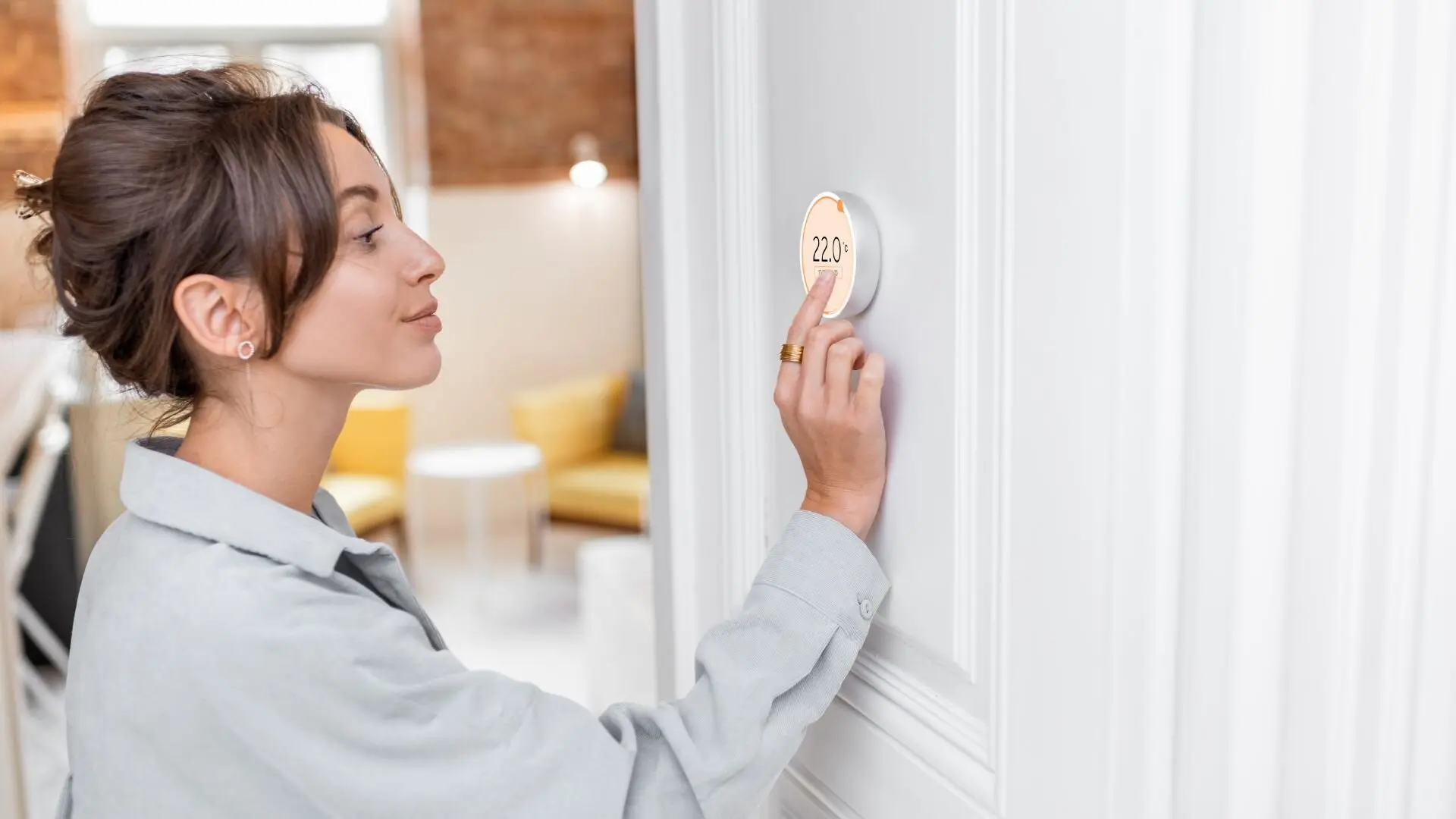
- Quieter Operation – New air conditioning systems are designed with upgraded compressors and components to operate smoothly and quietly, preventing disruptive vibrations. This also reduces the chances of triggering circuit breakers or encountering an overloaded circuit caused by older, inefficient parts.
- Rebates and Tax Credits – Upgrading to an ENERGY STAR-certified system can make you eligible for rebates and tax credits, helping offset the initial investment. These incentives are particularly appealing as they encourage systems that prevent electrical circuit overloads and reduce energy demand.
- Better Humidity Control—Advanced evaporator coils in new AC units more effectively remove excess moisture from the air. This improves air quality and prevents the unit from overworking, which could otherwise lead to circuit overloads or overloaded circuits.
- Reliable Cooling – A new system eliminates the frequent need for repairs, delivering consistent, dependable cooling without unexpected temperature fluctuations. By reducing inefficiencies, the risk of a circuit overload is significantly minimised.
- Longevity – New air conditioners are built to last 10–15 years. Old systems approaching the end of their lifespan are more likely to trigger circuit breakers or overburden electrical circuits, leading to recurring issues. Replacing your outdated unit with a reliable, energy-efficient model ensures long-term peace of mind and optimal performance.
Replacing an aging or damaged compressor with a new, efficient system is worth the investment in long-term savings, increased energy efficiency and comfort.
Warning Signs Your Air Conditioner Needs Replacing
Sign #1: High Energy Bills
If your energy bills are shooting through the roof each summer, it’s probably because your air conditioning unit is getting old and inefficient. Older units gobble up a lot more electricity to do the same cooling as the newer models. Even with spotless air filters, an aging system has to work overtime just to keep your place cool.
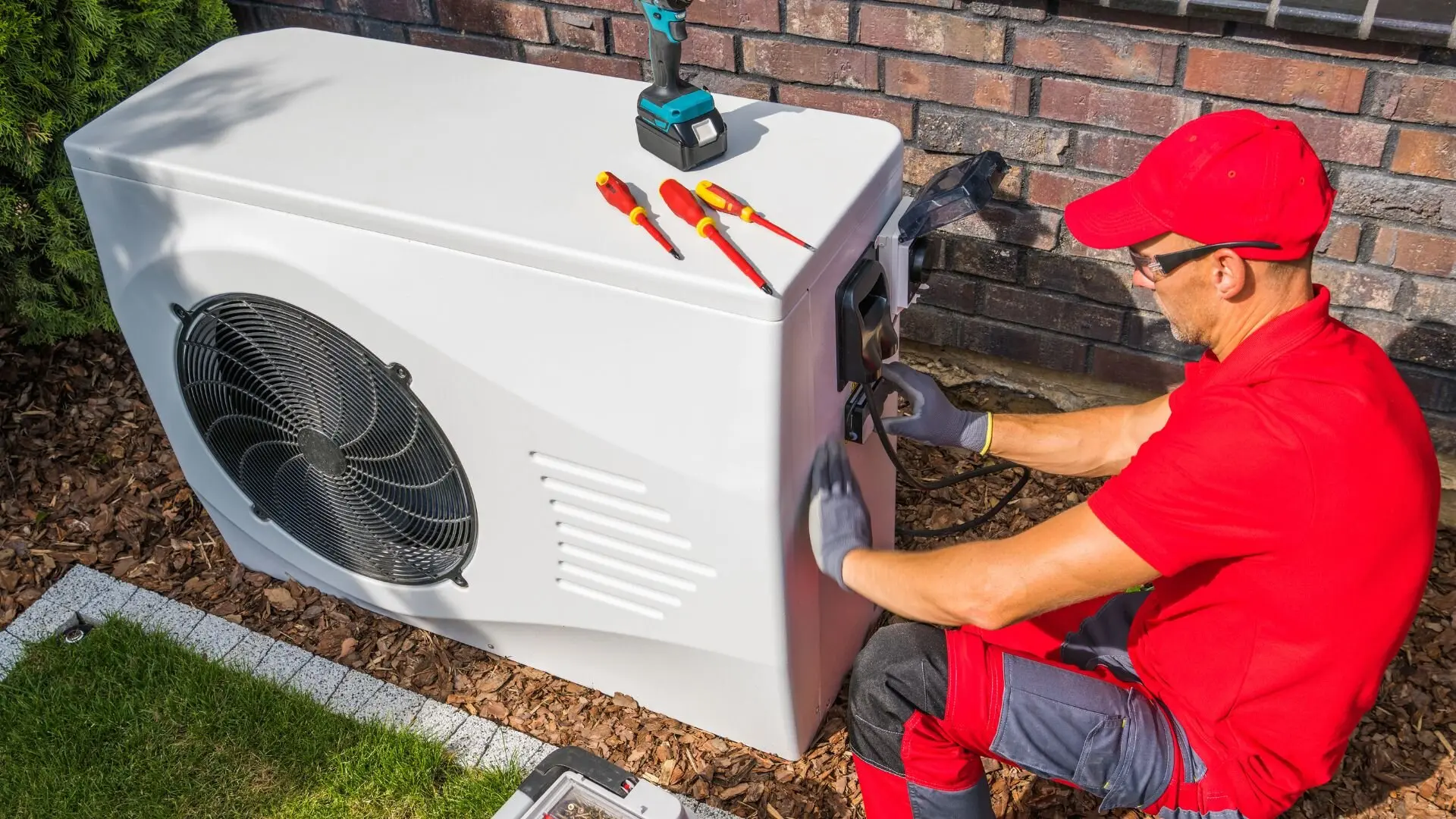
While energy costs naturally increase when powering your air conditioner in summer, an extreme spike in your utility bills indicates your old AC is gulping up electricity. As air conditioning units age over ten, their efficiency deteriorates substantially. Upgrading to a new, energy-efficient air conditioner can slash your energy bills and save you money immediately. Consider replacing your air conditioner if summer energy costs are excessively high.
Sign #2: Frequent Repairs
Once your air conditioning unit passes ten years old, repairs tend to become more frequent and costly. Parts like the AC unit’s compressor and coils wear out over time, refrigerant can leak, and diminished airflow causes issues. To keep older air conditioners running, they require regular maintenance and repairs from HVAC technicians, and it often isn’t just one major repair.
At a certain point, constantly calling an air conditioning specialist for issues like leaky refrigerant, diminished airflow, broken fans, the air conditioner’s compressor, changing temperature settings, and faulty electrical components is no longer worth the money. If you find yourself needing significant repairs or calling the air conditioning technician out multiple times a year, it’s likely time to invest in a new unit. While repairs may temporarily fix problems and keep hot air at bay, a new air conditioner replacement means fewer issues and consistent air temperature without the hassle.
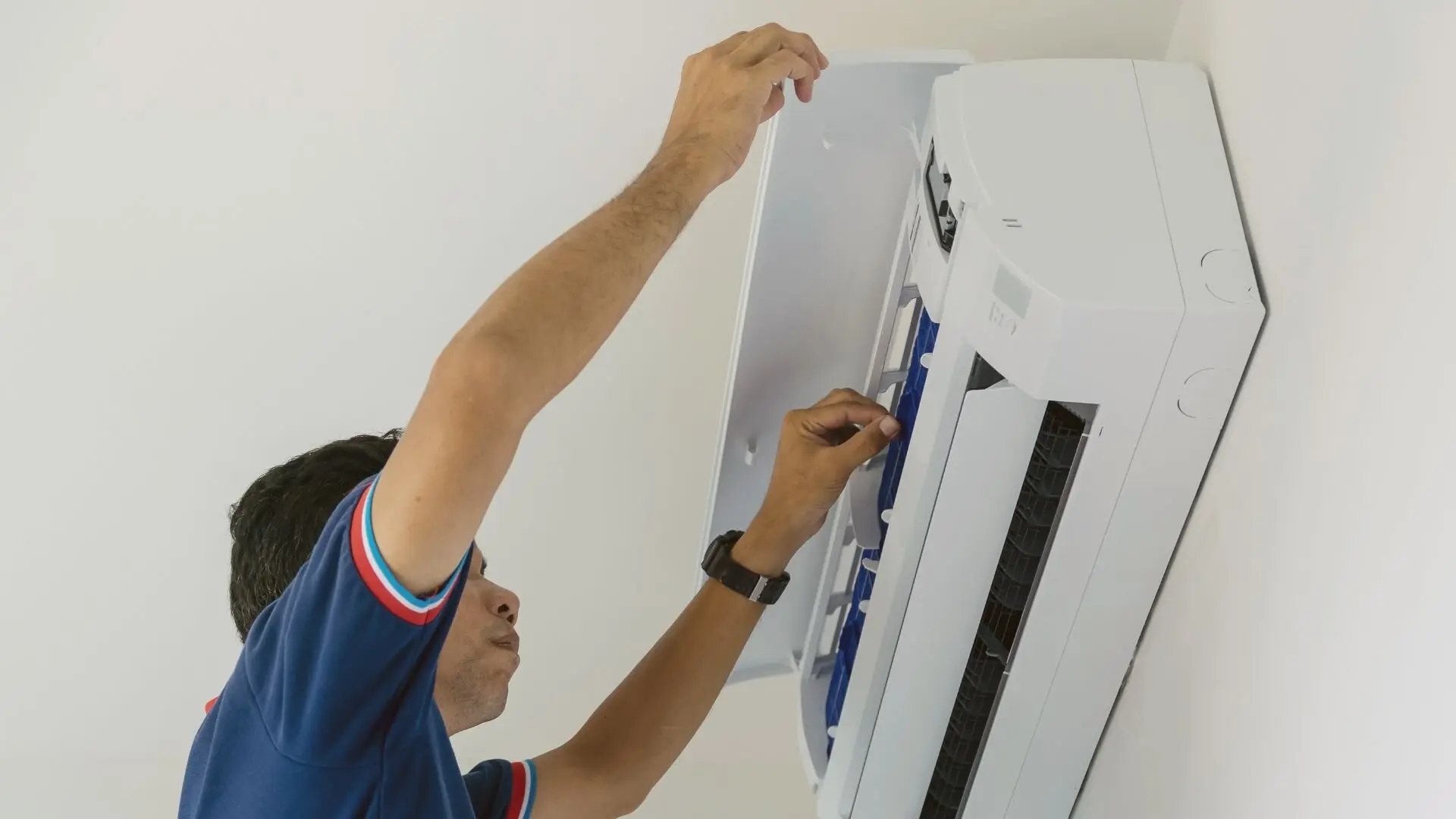
Sign #3: Lack of Cooling Power
An older air conditioning system might find it hard to keep your home as comfy and cool as it once did. This can hit both your comfort levels and your electricity bills. Even if well looked after, an air conditioner’s cooling power can drop off after more than a decade. You might notice rooms taking ages to cool down, the outdoor unit switching on and off a lot, or warm air blowing out of the vents.
If your aging AC unit runs constantly but doesn’t actually cool your home, it might be dealing with problems like low refrigerant, coil build-up, or failing electrical parts. Modern air conditioners are made to keep indoor temps steady. When they don’t, it’s often because older units are having performance woes. Upgrading to a newer, efficient model means quicker cooling without the shock to your electricity bills from an overworked AC unit.
Sign #4: Strange Noises
If your current air conditioner is making strange noises such as rattling, buzzing or squealing, it could signal issues with worn-out parts. Older AC units tend to develop more vibrations, humming, and squeaking noises from damage to fan motors, compressors and moving parts.
Excess noise and rattling from your aging air conditioning unit or outdoor cooling system is problematic if unaddressed. At best, these annoying sounds indicate the need for repair by an HVAC technician. At worst, they signify your AC unit has broken components, a very unhealthy environment within the unit, and potential long-term damage.
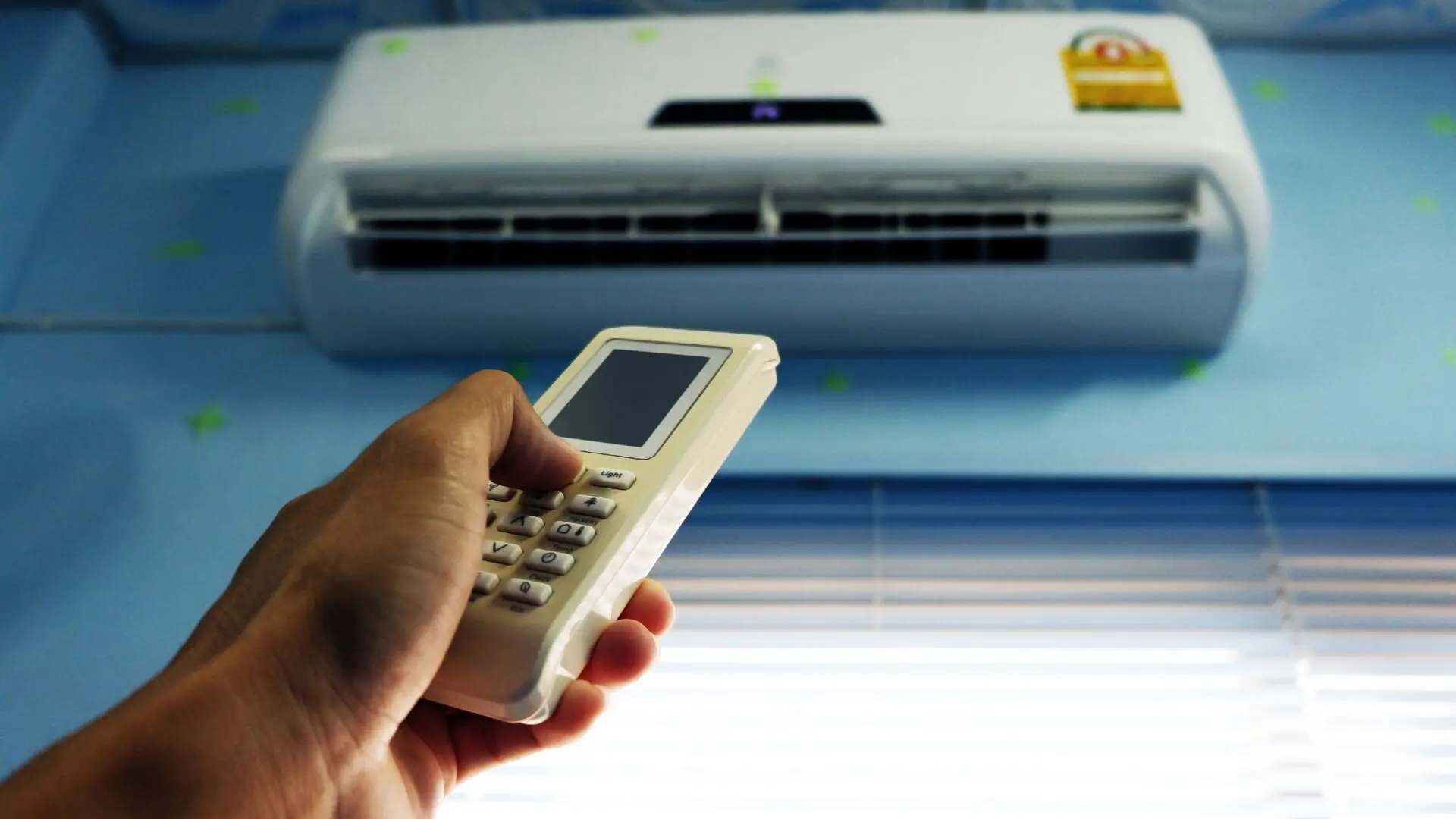
If your old air conditioner is consistently noisy, no matter how much regular maintenance you perform, it may be time for a replacement unit. Newer AC units run much more quietly and smoothly. Unusual noises from an aging unit typically mean underlying issues are present.
Sign #5: Old Age
The typical life expectancy of an air conditioner is 10-15 years. Once your unit surpasses that age range, replacing it is likely the most cost-effective option, even if it’s still functioning. After a decade of use, air conditioning systems become extremely inefficient at cooling your home, no matter how well maintained.
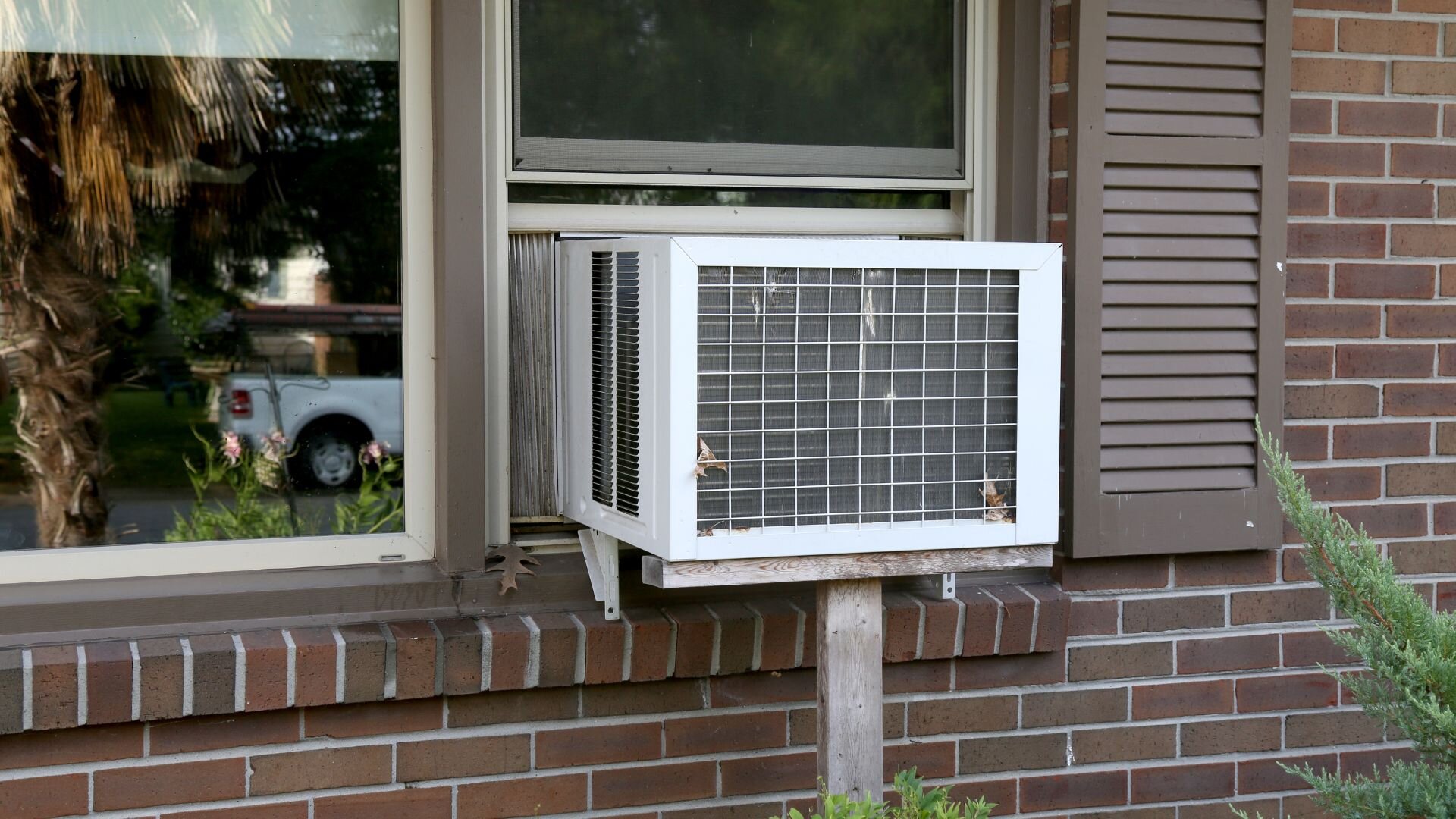
Most HVAC experts recommend replacing your air conditioner once it passes 15 years old. No matter how many repairs you make, an aging AC unit will never be as energy-efficient or effective as a new model. New air conditioners are, on average, 50% more efficient at cooling while cutting electricity costs.
Rather than sinking more repair costs into an outdated, inefficient system close to the end of its life expectancy, investing in a replacement can save you money in the long term. If your AC unit seems to be showing its age, an energy audit can determine if it’s time for an upgrade.
What to Look for in a New AC Unit
When replacing an aging or damaged air conditioner, carefully evaluate new units to choose one that fits your home’s needs. Here are vital factors to consider:
- SEER - Compare energy savings between units using the SEER (Seasonal Energy Efficiency Ratio). The higher the SEER, the more efficient the AC system.
- Proper Sizing - An HVAC technician can determine the ideal AC unit tonnage for cooling your square footage effectively. An improperly sized unit wastes energy.
- Features—Consider useful features like programmable thermostats, multi-stage compressors, and Wi-Fi controls to customise comfort and efficiency.
- Noise Level - Look for decibel ratings to estimate how quietly the indoor and outdoor units operate. Newer compressors are much smoother and vibration-free.
- Warranties - Choose an AC unit with strong warranties on the compressor and parts, ideally 5-10 years. This protects against early repairs.
- Reputation - Select an AC brand known for reliability, efficiency, and long-lasting performance under demanding conditions.
- Installation - An experienced, certified air conditioning technician is critical for proper installation and maintenance.
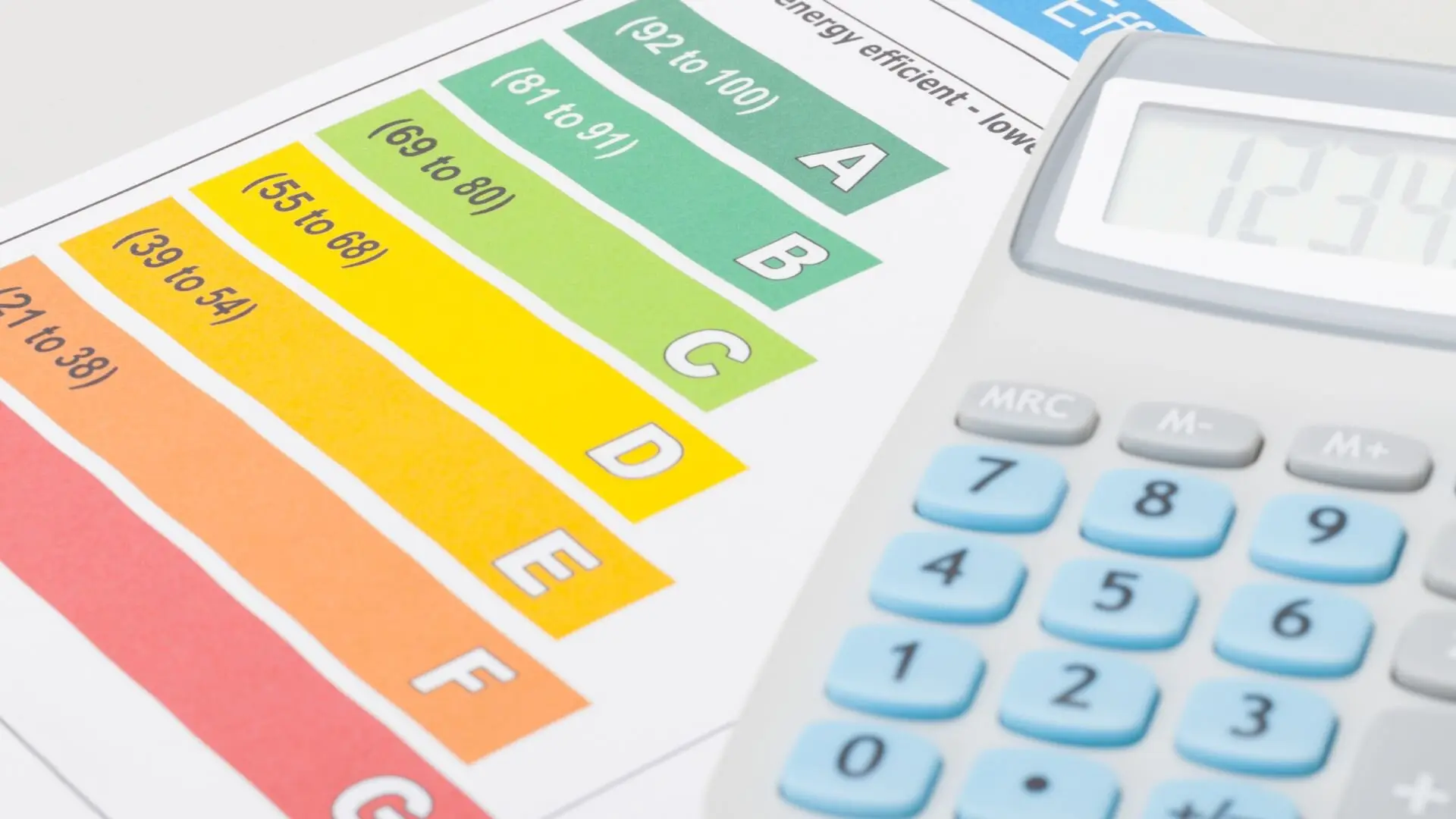
Choosing the suitable replacement unit for your home’s unique needs and climate will ensure you get the most value from your new air conditioner in terms of adequate cooling, energy savings, and modern features.
Don’t Ignore the Signs - It’s Time To Replace Your Air Conditioner!
If your older air conditioner is showing problems like limited cooling ability, constant repairs for leaks or blocked drains, too much noise, and sky-high energy bills, it likely means your unit is seriously outdated. While detailed repairs might provide temporary relief, they suggest that investing in a new system is the smartest choice. Explore our Air Conditioning Services Gold Coast to learn more.
Switching to a modern, energy-efficient air conditioner can offer reliable cooling, reduce your electric costs, and prevent future hassles—all for less than the constant cycle of repairs. Reach out to the Enersol Electrical experts today to book a consultation. Our seasoned technicians can check out your old air conditioning unit and advise on whether a replacement is the right move. Investing in a new system can save money and ensure lasting cooling comfort for years to come.